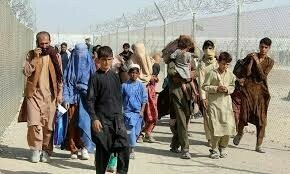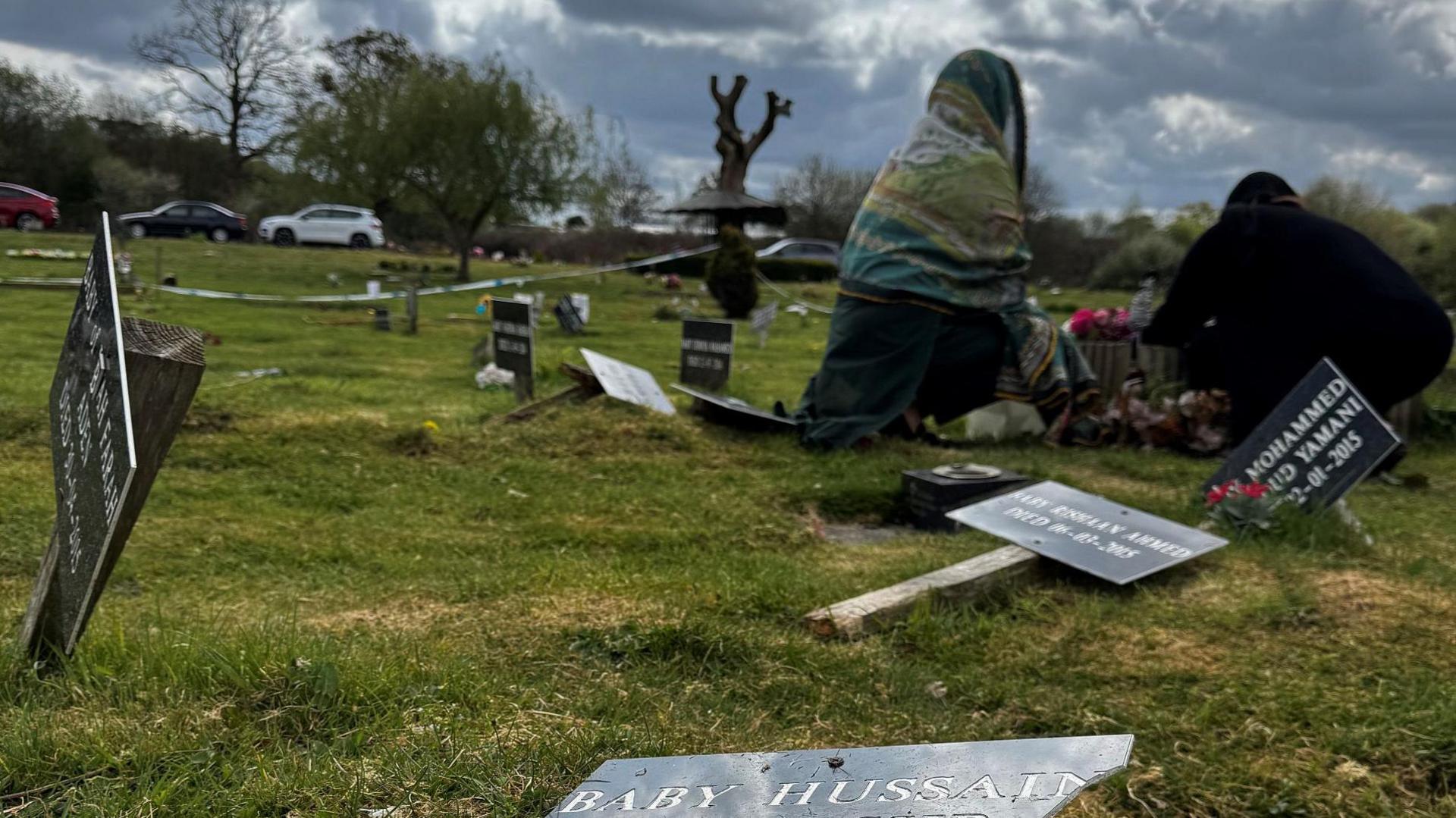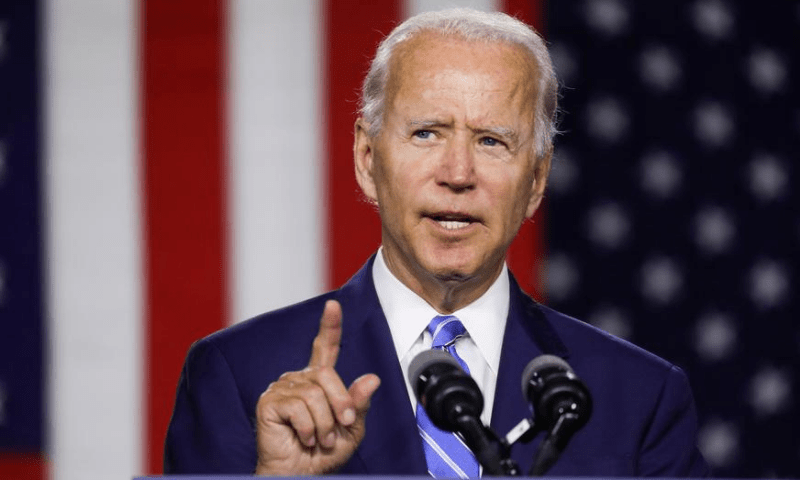WORLD NEWS

The Afghan interim government under the Taliban on Tuesday urged the United Nations and international organisations to facilitate the dignified return of Afghan refugees from Pakistan, as Islamabad resumed a second phase of deportations targeting holders of Afghan Citizen Cards (ACC).
The appeal came after thousands of Afghan families, many carrying only the bare essentials, were seen crossing the Torkham and Chaman border crossings, marking another chapter in Pakistan’s broader campaign to repatriate illegal foreigners.
The first phase, launched in 2023, had targeted all undocumented Afghans, while the second phase, which began on March 31, 2025, includes those with ACCs — a document jointly issued by Pakistani and Afghan authorities in 2017.
In a press release from the Presidential Palace (Arg) in Kabul, the Taliban-led government said a high-level meeting chaired by Acting Prime Minister Mullah Muhammad Hassan Akhund strongly condemned Pakistan's actions, labeling them as violations of fundamental human rights.
The statement further said:
“Officials described the treatment of Afghan refugees as contrary to accepted principles,” and urged Pakistani political parties, the public, and influential figures to honor neighborly responsibilities.
The Taliban emphasized that such actions could damage long-standing ties between the two neighboring nations, warning that “inappropriate actions could undermine the relationship.”
The meeting highlighted the shared history and cultural connections between Afghanistan and Pakistan and called for cooperation and compassion in dealing with the refugee crisis.
The Afghan Ministry of Refugees and Repatriation Affairs also issued a separate statement condemning the forced deportations, urging the global community to intervene.
Refugees Deported Despite Holding Official Cards
Despite holding Afghan Citizen Cards, thousands of Afghans were sent to transit centers across Punjab and Sindh. On Sunday alone, 1,636 Afghan nationals were deported, while 5,111 others — including 2,301 children and 1,120 women — were sent to repatriation centers in Punjab.
The cards were issued by NADRA, after thorough vetting by FIA, police, and intelligence agencies. However, they are now being deemed invalid under the ongoing campaign.
Pakistan’s Security Concerns Intensify
The refugee deportation drive coincides with a rise in tensions between Islamabad and Kabul. Pakistan’s Special Envoy for Afghanistan, Ambassador Muhammad Sadiq Khan, recently warned that “all deals with Afghanistan are off” if the Taliban fails to curb terrorism originating from Afghan soil.
“TTP is a challenge. It cannot be tolerated because our young kids and boys are getting killed every day… If they are not working with us, then all deals are off,” he warned.
Islamabad has long accused Kabul of harboring TTP militants, who allegedly cross over to stage attacks inside Pakistan. Kabul has repeatedly denied these allegations.
Humanitarian Concerns Grow
As deportations continue, humanitarian organizations have expressed growing concern over the treatment of Afghan refugees, especially women and children, many of whom have no homes or support systems in Afghanistan due to ongoing instability.
Despite the tensions, the Taliban reiterated their commitment to maintaining peaceful ties with Pakistan and appealed for diplomatic engagement and humanitarian consideration, rather than forced repatriation.




